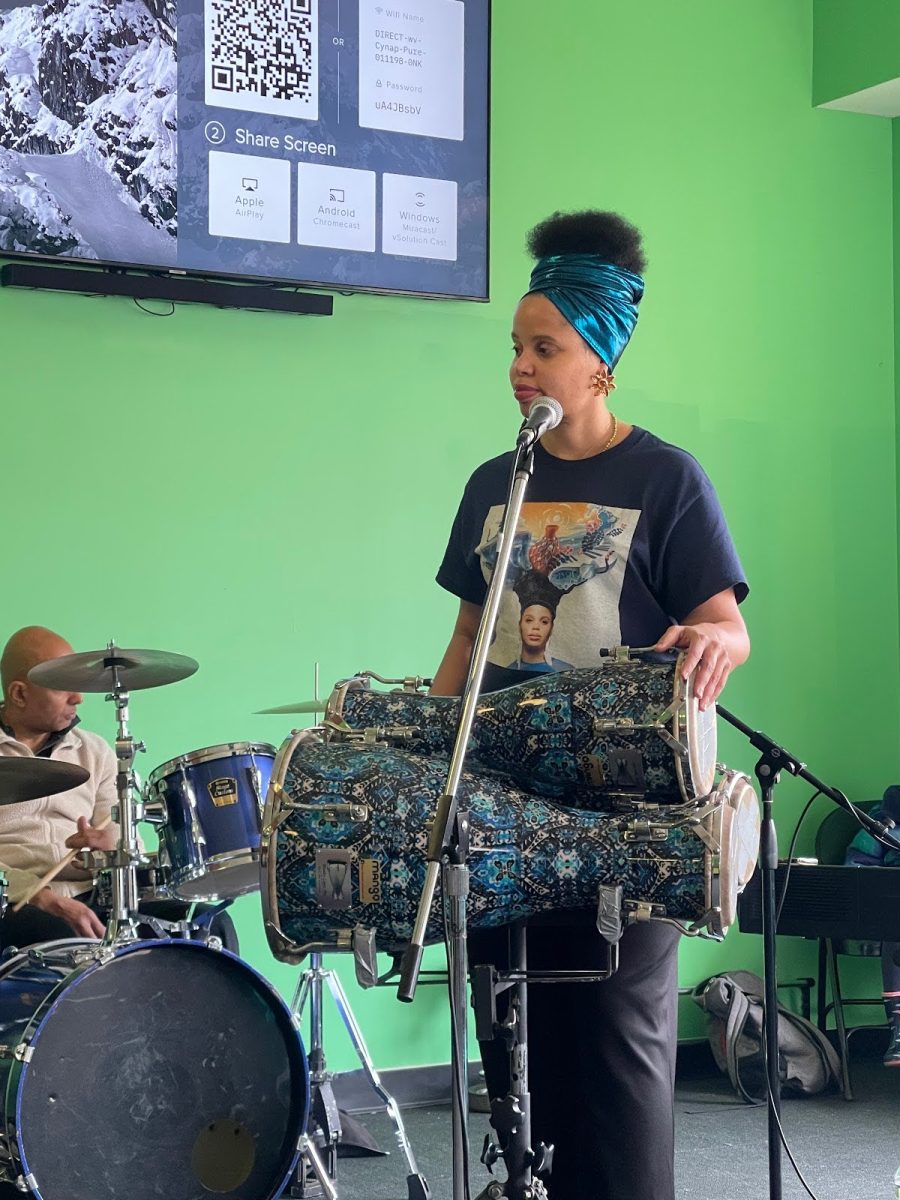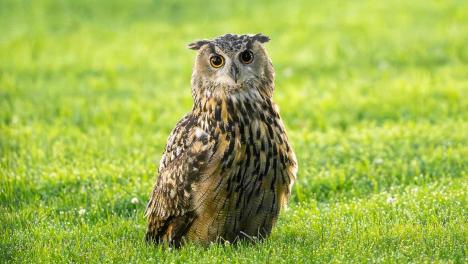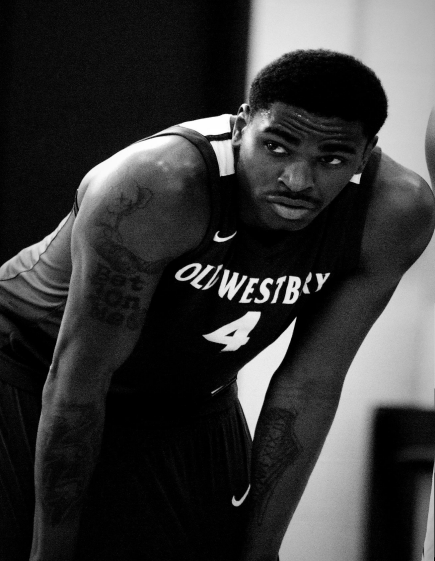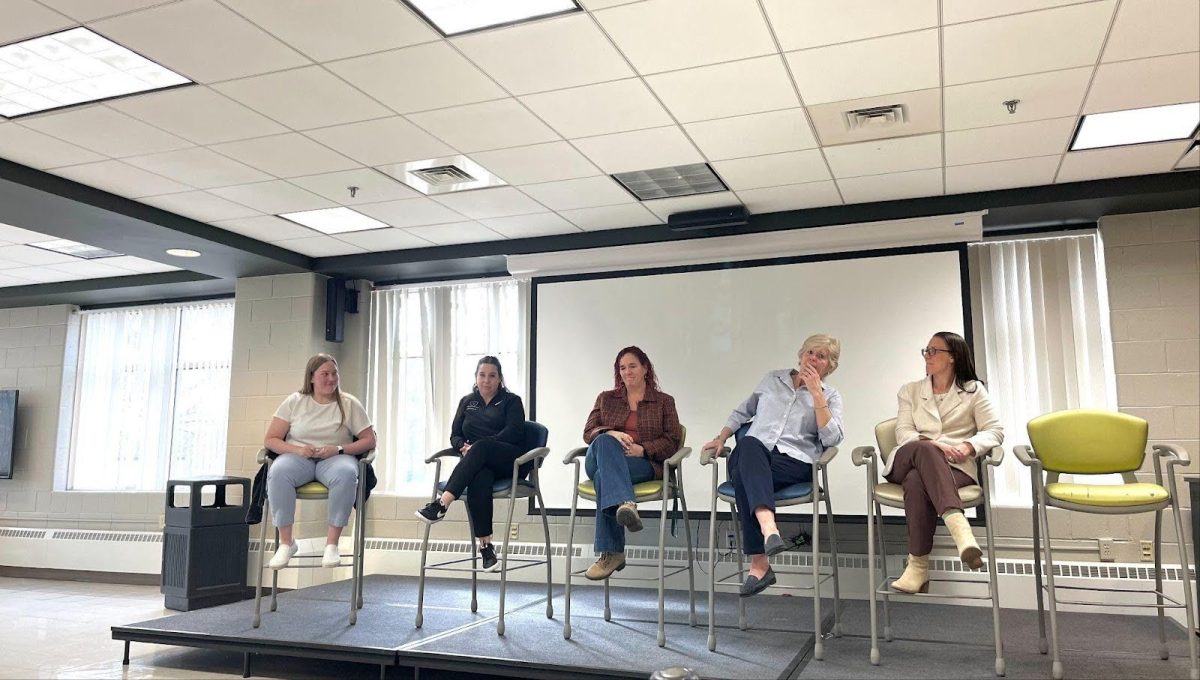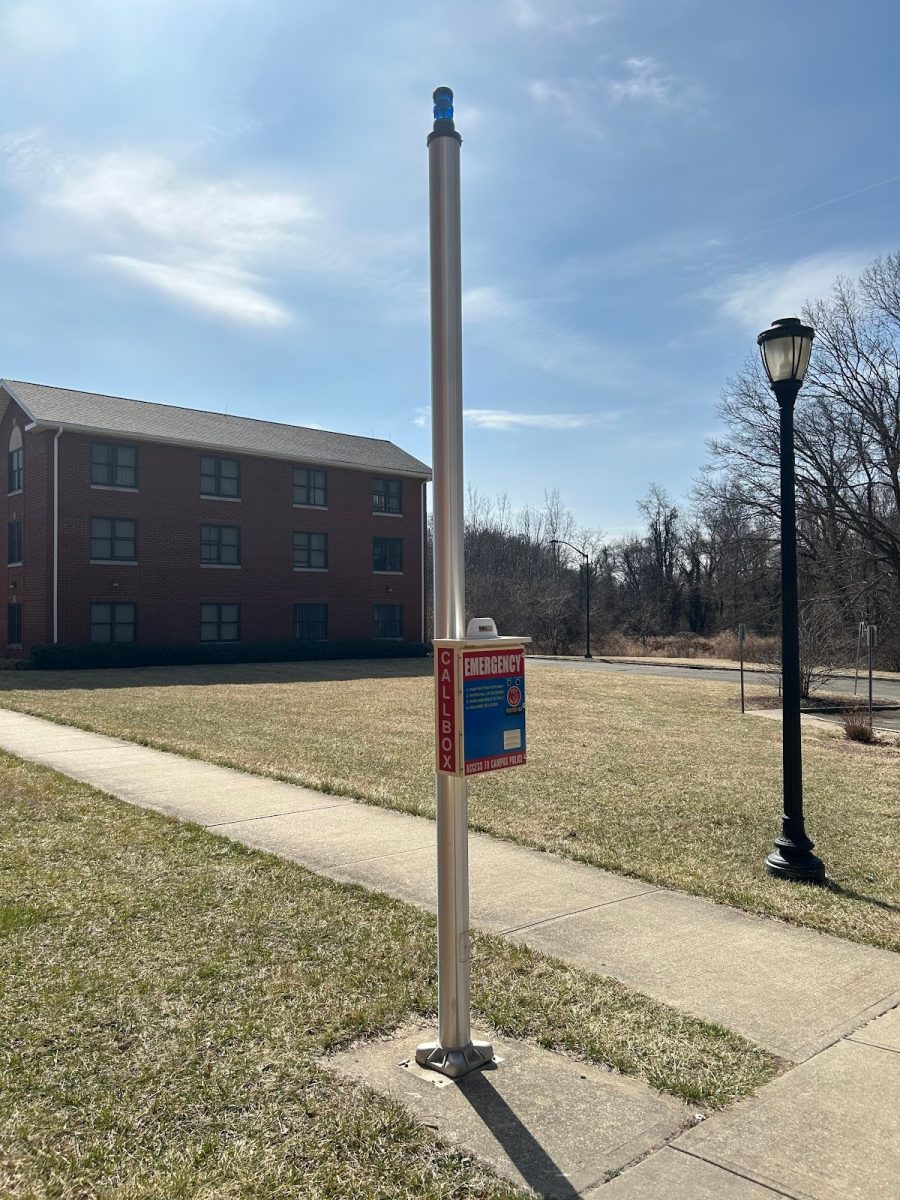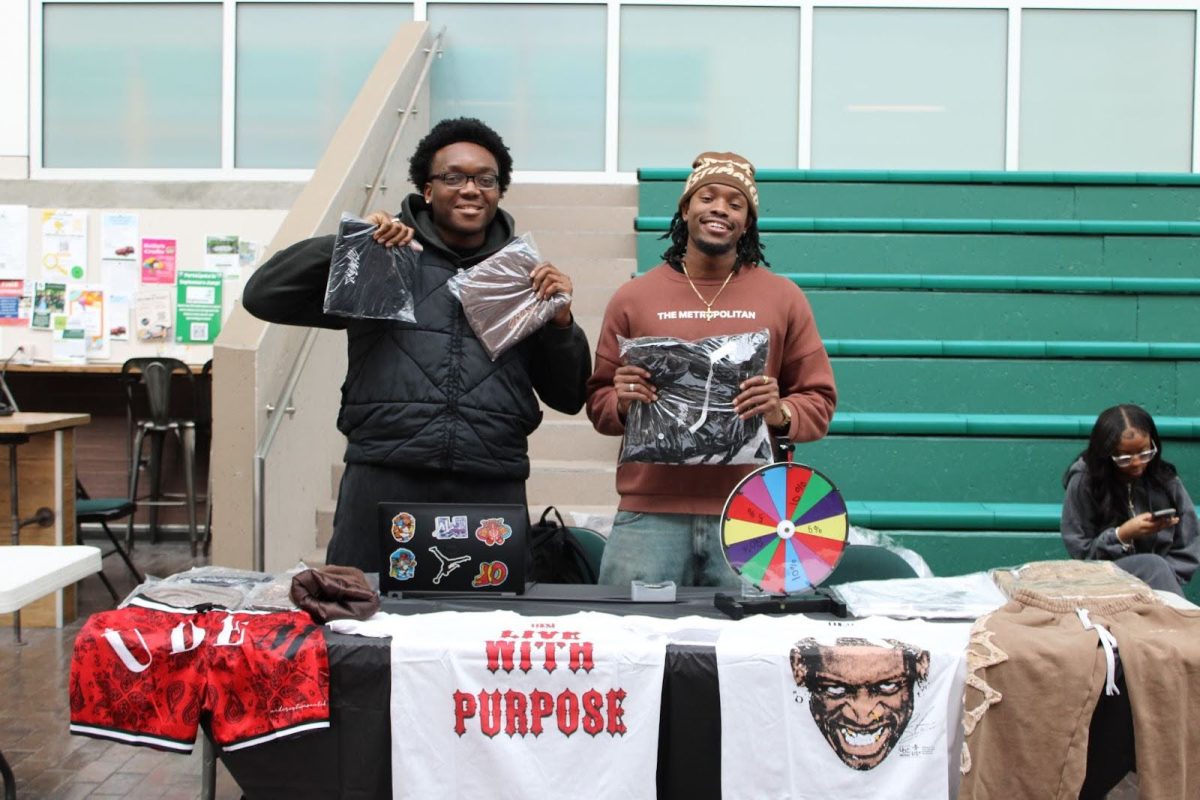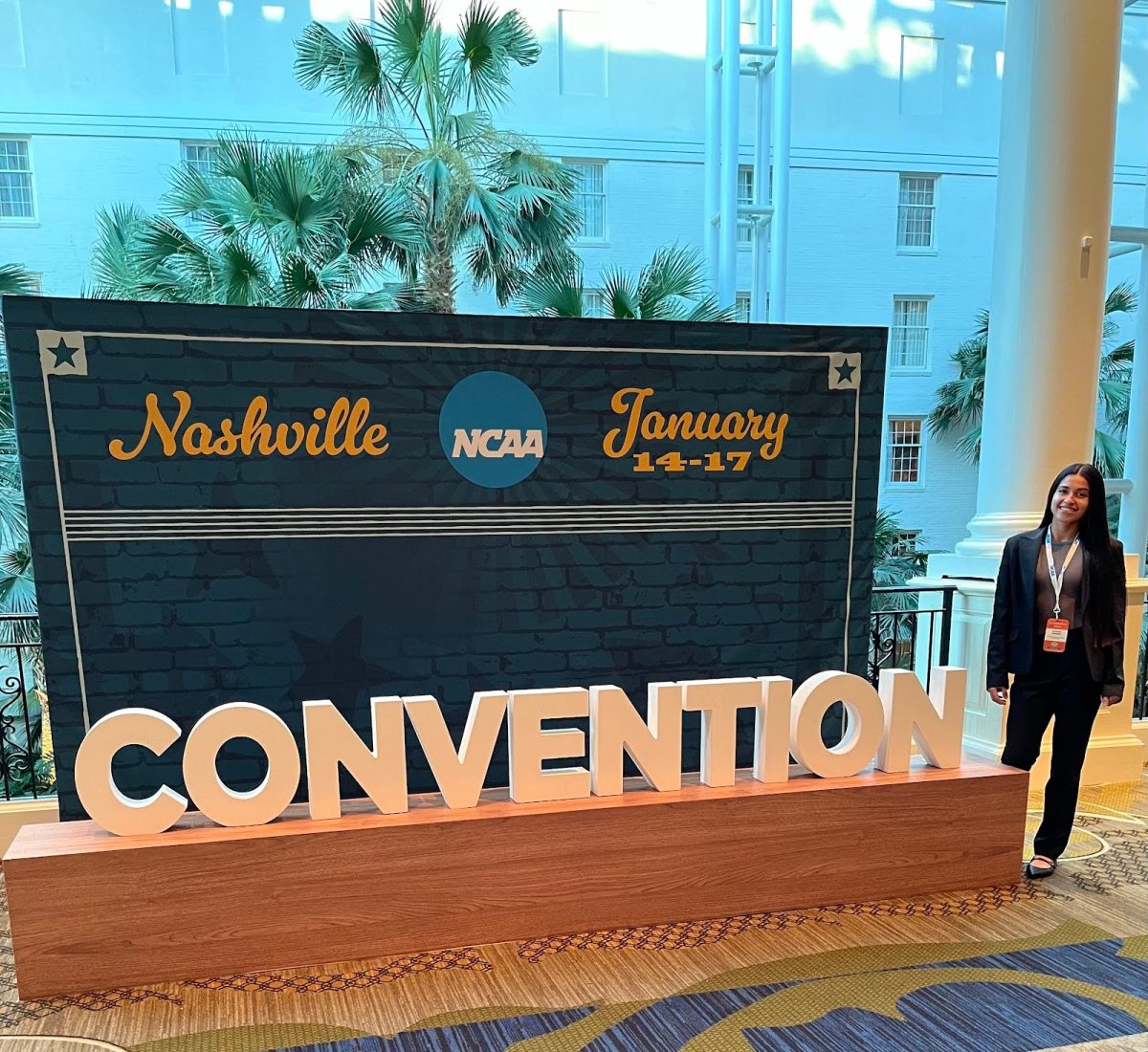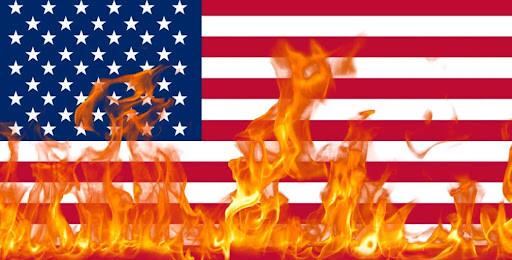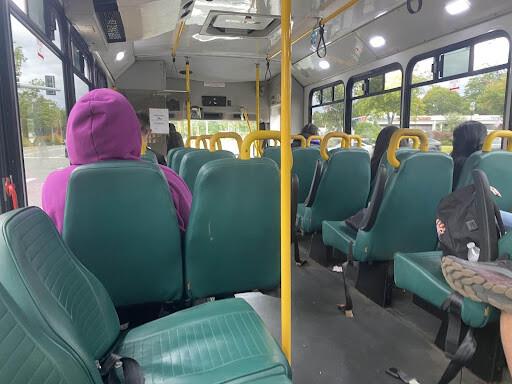
Juliana Vasquez • May 12, 2025
As the threat of a TikTok ban looms, athletes with Name, Image and Likeness (NIL) deals are bracing for a major shift in how they build their...
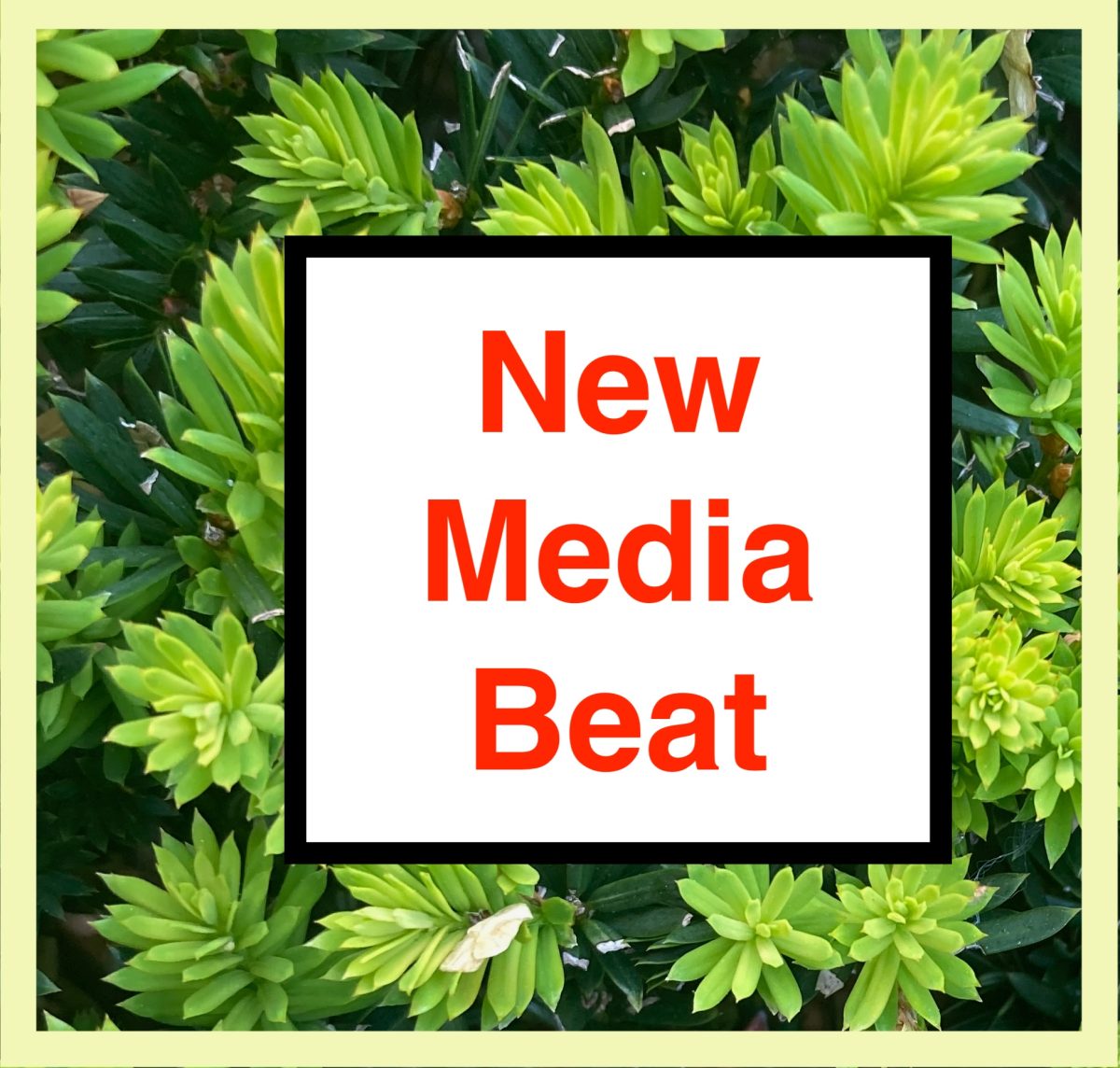
The Catalyst • May 12, 2025
This Week on New Media Beat! Can Instagram Tell How Old You Are? Does Instagram's 'Edits' Make Better Videos than CapCut? X...
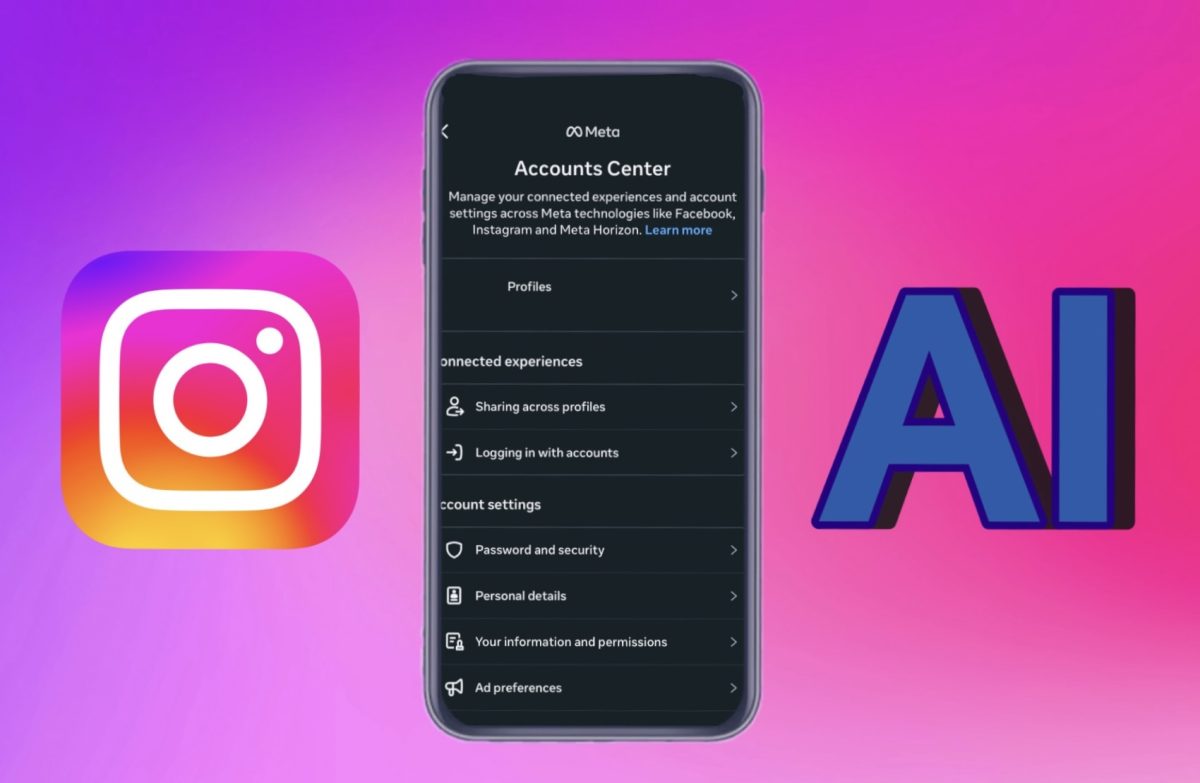
Ava Holdgruen • May 12, 2025
Do you think AI would know your age based on how you use social media? Instagram is using artificial intelligence to check age and place...

The Catalyst • May 11, 2025
This Week on New Media Beat! Pinterest Teen Warning: No Scrolling in School! Can a Therapy Bot Make You Feel Better? Got Personality?...
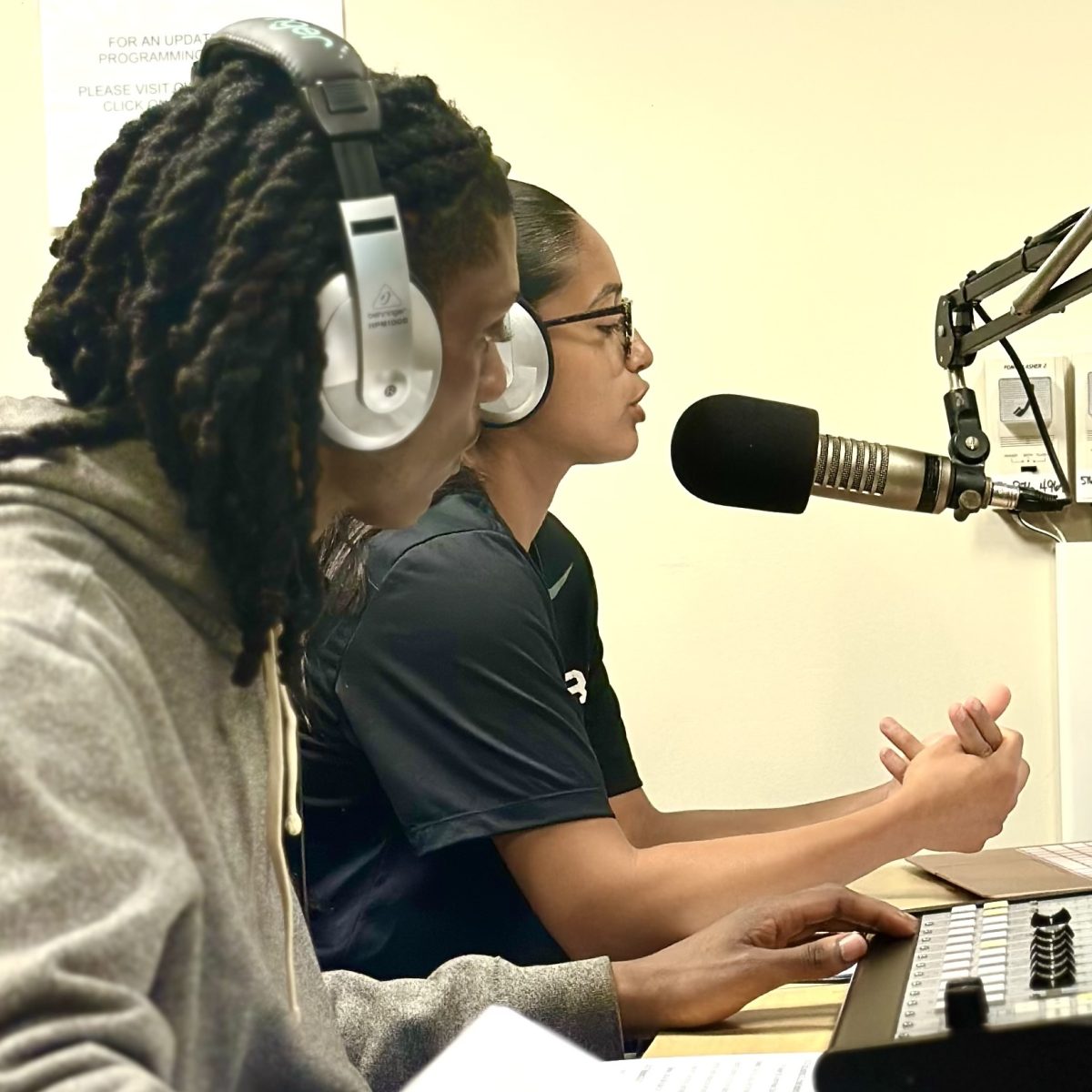
The Catalyst • May 6, 2025
This Week on New Media Beat! Saturday Night Live Takes TV to TikTok! Are Instagram's Locked Reels the Key to Engagement? Catnip...

